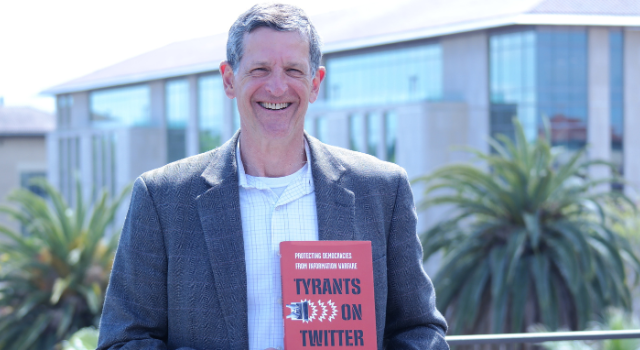Social Change
From its founding, Hampshire College has attracted students who are engaged inside and outside of the classroom with issues of social responsibility, change, and justice.
Hampshire has always connected a student's education to the real world, not only through inquiry-based pedagogy, but also through encouraging a strong sense of social justice and community responsibility. Hampshire engages not only students' mind but can also assist students in engaging the community around them. Emphasis is placed on continuing to build infrastructures to support community-based learning, by developing new areas of inquiry, including an anti-oppression curriculum and a multiple cultural perspectives requirement.
As a leader in campus activism for decades, Hampshire continues to live up to the College motto, "To know is not enough."
Student Project Titles
- Strategic Rebellions from Revelations to Revolutions: A Choreographic Investigation into Social Justice Through
- Concert Dance
- Complex Organizations and Social Change: The Perpetual Return of the Phoenix
- Deconstructing the Warehouse State: Abolition of the Prison Industrial Complex in the U.S.
- Murals: Collaborative, Democratic, and Radical Creative Expression
- The Voice of Peace: Citizenry, Storytelling, and Conflict in Struggling Societies
Sample First-Year Course
Social Movements and Social Change: Zapatismo
On January 1, 1994, the day that NAFTA was signed between Canada, the U.S. and Mexico, an armed uprising of indigenous campesinos of Chiapas, Mexico announced a different vision of Mexico's present and future. The Zapatista Army of National Liberation fought with arms for only 12 days. For the subsequent twelve years, they have been conducting a different kind of radical political struggle: a "revolution to make a revolution possible." In this course we will examine the formation, practices, discourse, and goals of Zapatismo, at the same time considering directly the question of how to understand a social movement. We will look at a variety of different narrations and images that have been produced by participants, scholars, journalists, and imagemakers, and ask about their impact on our understanding of Zapatismo. During the semester, students will have the opportunity to examine primary documents and engage in the kind of thinking that scholars who chronicle social movements do.
Sample Courses at Hampshire
- Constructing the Appropriate City: Competing Urban Visions
- Dangerous Teaching: Crafting Alternative Histories of Education
- Freedom of Expression
- From the Grassroots to the Streetroots: Urban Social Movements in Latin America
- Global Resource Politics
- Identity and Politics
- Lives of Commitment in a Complex World
- Living for Tomorrow I: Cultural Contestations, Gender Politics, and the AIDS Epidemic
- Making Class Matter
- Making Community: Meanings and Methods
- Making Social Change
- Political Justice
- Power and Oppression in American Education
- Public Diplomacy
- Setting the Stage for Social Action
- Social Justice in Outdoor Experiential Education
- Social Movements and Social Change: Zapatismo
- Third World, Second Sex
- Using Theatre in Education for Social Change
- U.S. Labor History
Through the Consortium
- Gender and Social Change (SC)
- Poverty & Inequality (AC)
- Theatre for Social Change (UMass)
Facilities and Resources
Collective Power for Reproductive Justice
Founded in 1981, Collective Power for Reproductive Justice (formerly the Civil Liberties and Public Policy Program) was created to educate, raise awareness, and activate new generations of students to advance reproductive rights, health, and justice. Today, the program is recognized nationally and internationally as a significant leadership development organization, and for its broad, intersectional, and holistic conception of reproductive justice. For over 30 years, Collective Power for Reproductive Justice has been educating and convening student and community activists, providing a critical center and home for reproductive justice teaching, research, analysis, and organizing. Courses and independent work with faculty, the Five College Student Group, the annual conference, long-running emerging leaders' network, and national internship program have connected students and advocates to the broader movement and to each other, to build relationships and explore the intersectionality of gender, race, and class in the political arena and the reproductive justice movement.



